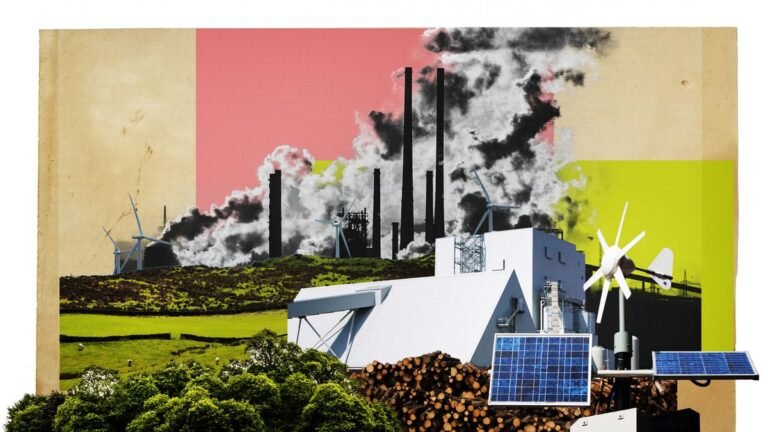
The COP 26 conference in Glasgow will need to solve two dilemmas at once: offsets might just be the answer.
What do you do when you’ve got an energy crisis that requires dramatic increases in production, but a climate crisis forcing you to decrease production to reduce CO2 emissions?
For the various world leaders meeting in Glasgow in November, that’s not a rhetorical question.
Europe faces an acute energy shortage, with comparisons being drawn to the 1970s oil crisis. The parallels are more than skin-deep; there’s a strong geopolitical element to today’s crisis, just like back then.
That was then and this is now.
But direct comparisons are rarely cut-and-dried, and Europe’s energy crisis owes much to a combination of factors that include a growing but untested renewable energy sector and rising carbon prices.
Take the UK as one example.
UK natural gas storage is a pitiful 4%, giving virtually no reserves in case of a shortfall. With most of Europe’s natural gas supply coming from Russia, that opens a geopolitical weakness.
Not to worry, though, because the UK is a bit different – most of their supply comes from Norway, not Russia. Besides, growth in renewable energy investment, including offshore wind farms in the North Sea, would more than cover any gap.
But in September and October, the UK was hit with a perfect (non)storm.
Geopolitical concerns from Russia led to a constriction of gas prices in the EU. That drove up prices across the board – even the supply from Norway.
Renewables couldn’t cover the gap; September was unusually warm and still, and wind-generated energy dipped. A dry summer also hit the UK’s hydro power. Renewable prices remained mostly steady, but there was no way to ramp up supply when the gas crisis hit.
At the same time, demand surged. Industries side-lined by the pandemic cranked back up in 2021, causing a spike in demand. Ongoing logistics and supply chain issues drove demand further.
Behind it all lies a drumbeat of ever-growing populations and increasing urbanization, factors that together are expected to push electricity demand upwards steadily for the next few decades.
So what’s the takeaway?
- Shun renewables because of the inelasticity of supply?
- Double-down on domestic fossil fuel production?
- Turn to increasingly desperate methods of reducing demand, at the risk of severe economic damage?
None of those options hold much long-term potential. Offsets just might.
Carbon offsets acknowledge the need for current production, even (in drastic circumstances) from admittedly dirty sources like coal.
And yes, the crisis forced the UK to fire up one of its coal-powered plants, despite a promise to phase out coal-fired energy production by 2024.
With offsets, the damage of high-emissions energy sources can be at least partially mitigated. There’s a longer time scale involved, as most offsets rely on natural forms of carbon capture that can take decades to mature. But in the short-term, it offers a chance to keep the LNG flowing while at least starting to address the climate issue.
Companies are jumping on board; over 30 offset deals have been signed since 2019 with leading providers such as BP and Gazprom.
Those deals have given rise to accusations of greenwashing from groups like Greenpeace, who view all carbon offsets as an unnecessary evil.
But back in reality, everyone realizes the need to continue fossil fuel production and energy production based on hydrocarbons. The energy crisis is simply the most pressing example.
Even given that crisis, none of the world leaders’ meetings in Glasgow are proposing an energy limit on the forthcoming COP 26 summit. That demand, at least, needs to be met.
Given that reality, offsets – while admittedly not perfect – provide a way to address long-term concerns in the here-and-now.
The gas must flow (for the time being). So too must the offsets.




